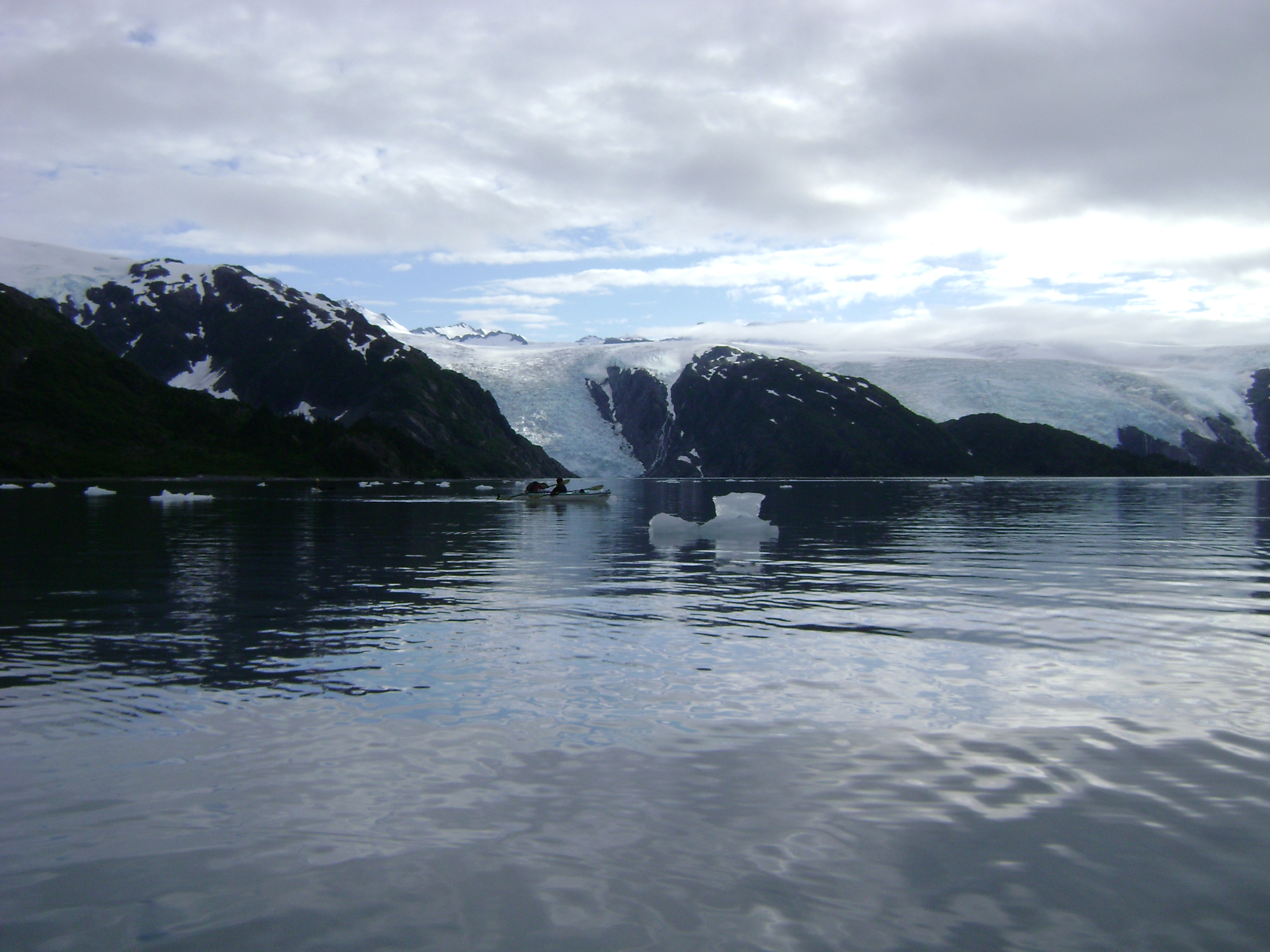Continuing to read “Cultivating the Empty Fields“, the translator makes a comment that Hongzhi’s teachings , who lived from 1091 to 1157, presage the modern philosophical movement of Deep Ecology. I had not heard of this movement and school of thought until this passage, which goes on to make the connection that not only are clouds and mountains metaphors for awakened activity, but we are the clouds and the mountains. The clouds and mountains are us.
An introduction on this movement is at the Foundation for Deep Ecology website.
I read through the 8 guiding principles, and for the most part this is common sense, and something to become more aware of in everyday activity, how we interact with all beings (including inanimate beings, such as rocks and trees), and how conduct ourself in the world at large, not just in our own personal space. The key here is to be aware of the connection between all beings, the delicate balance, and how one shift, one vibration, can cause a rift thousands of miles away, and across centuries and millennia.
The Deep Ecology Platform
1. The well-being and flourishing of human and nonhuman life on Earth have value in themselves (synonyms: inherent worth, intrinsic value, inherent value). These values are independent of the usefulness of the nonhuman world for human purposes.
2. Richness and diversity of life forms contribute to the realization of these values and are also values in themselves.
3. Humans have no right to reduce this richness and diversity except to satisfy vital needs.
4. Present human interference with the nonhuman world is excessive, and the situation is rapidly worsening.
5. The flourishing of human life and cultures is compatible with a substantial decrease of the human population. The flourishing of nonhuman life requires such a decrease.
6. Policies must therefore be changed. The changes in policies affect basic economic, technological, and ideological structures. The resulting state of affairs will be deeply different from the present.
7. The ideological change is mainly that of appreciating life quality (dwelling in situations of inherent worth) rather than adhering to an increasingly higher standard of living. There will be a profound awareness of the difference between big and great.
8. Those who subscribe to the foregoing points have an obligation directly or indirectly to participate in the attempt to implement the necessary changes.
—Arne Naess and George Sessions (1984)




